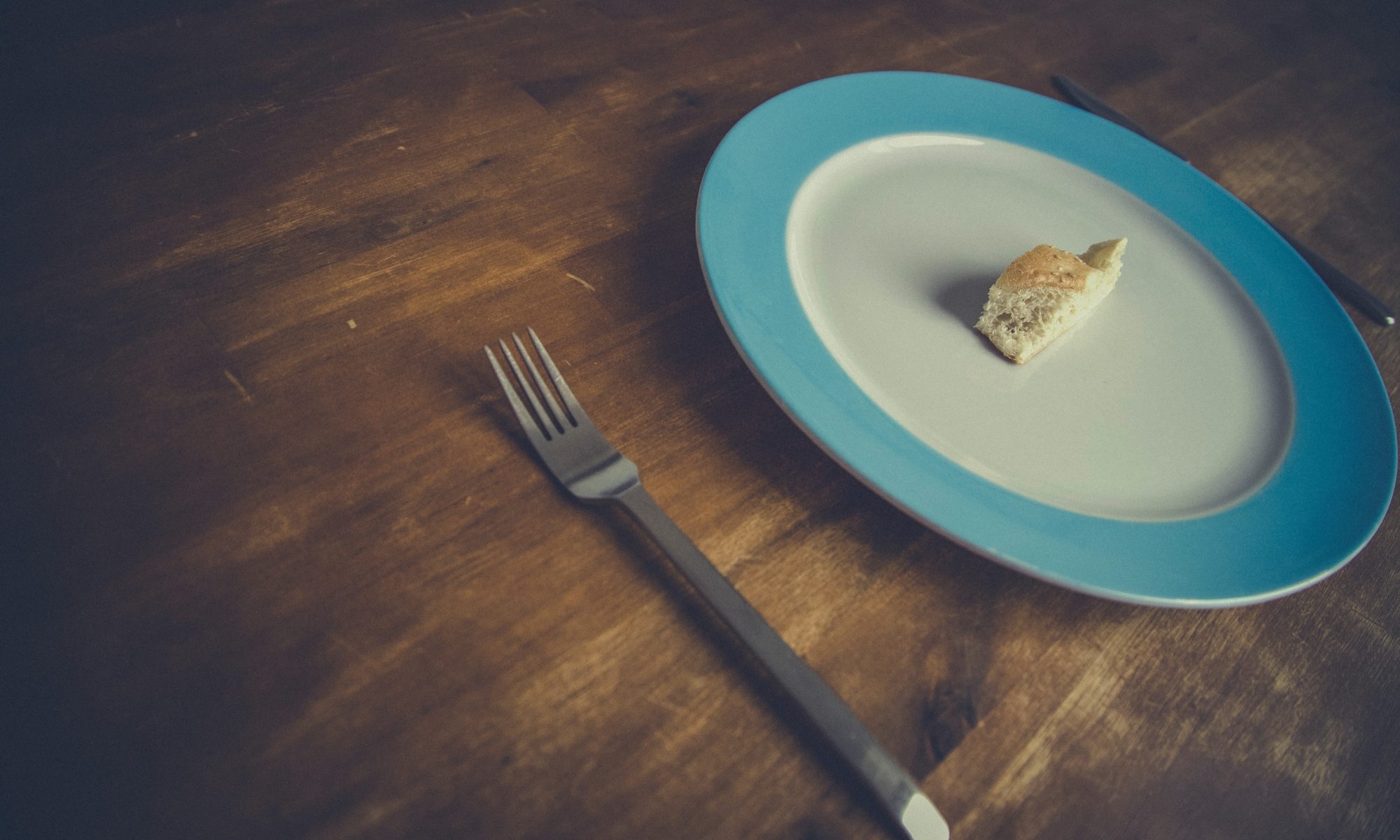A restrictive diet is one where you lose weight by giving up certain foods. Sometimes, this is a healthy choice, such as avoiding junk food. But most of these diets tell you to cut out entire food groups, such as carbs. Some force you to carefully measure the amount of calories you take in. The big question is, do restrictive diets work?
Why Don't Restrictive Diets Work?
According to expert nutritionists, any diet that is restrictive is practically doomed to fail from the very beginning. Why?
- Old habits: As I think most of know from personal experience, restrictive diets tend to be a temporary thing. No one really wants to eat cabbage soup every day or give up on chocolate for good. After 3–6 months, most people go back to eating how they used to, which adds on all those pounds again.
- Cheating: Let’s face it, denying yourself things that taste good is hard work. It feels like you’re punishing yourself. That opens up the door to “cheating,” weekend splurges that undo a whole week’s worth of progress.
- Unrealistic expectations: Any diet that sets your caloric intake really low is never going to work long term for most people. When you start to experience extreme hunger, nausea, headaches, dizziness and other symptoms, you’re probably going to give in to what your body is telling you: “I need more energy!”
- Changes in metabolism: You can try to fight your body with restrictive diets, but it’s a losing battle. Your metabolism starts to work against you. Burning calories takes longer because your energy production slows down. It’s like your body is saying: “You think you can starve me? Think again!”
- Band-Aid “fixes”: Restrictive diets don’t work because they’re superficial. They only focus on food, completely overlooking other causes of weight gain: stress, sleep problems and low activity levels. Ignoring these underlying issues makes weight come back sooner rather than later.
Overall, eating tasty, nutritious foods is good for you. It makes you happy, and it should. This healthy feeling goes against the rules of restrictive diets, so it’s always going to be hard to follow this type of diet.
[insert page='Offer' display='content']
How Can You Lose Weight for Good?
If you really want to lose weight, you need to focus on making long-term changes, not following short-term fad diets. It’s absolutely possible to stay slim, love your body and feel happy at the same time.:
- Choose a balanced diet that you can realistically live with: Make sure you have a wide range of healthy options for meals. Then, stick with this type of eating.
- Eat food that's naturally good for you: Include more fruit, veggies, whole grains, nuts, probiotics and lean proteins.
- Get more physical activity: This is one of the biggest keys to long-term weight loss. It’s better to burn up those 2,000–2,500 calories by exercising for 15 minutes a day than to eat an unrealistic 1,000-calorie diet.
- Drink plenty of water: Many people feel hungry when they’re actually thirsty. Avoid weight gain by drinking a full eight glasses of water a day. That’s good for your kidneys and heart anyway.
- Use healthy proteins to calm the munchies: The next time you have the munchies, don’t say "no." Say "yes," but eat filling protein instead of junk food. Grab some almonds, pistachios, Greek yogurt, cheese, hard-boiled eggs or smoked salmon.
One diet did work great long term in studies. The Mediterranean diet. It helps you stay slim because it’s focused on heart-healthy, natural foods.

